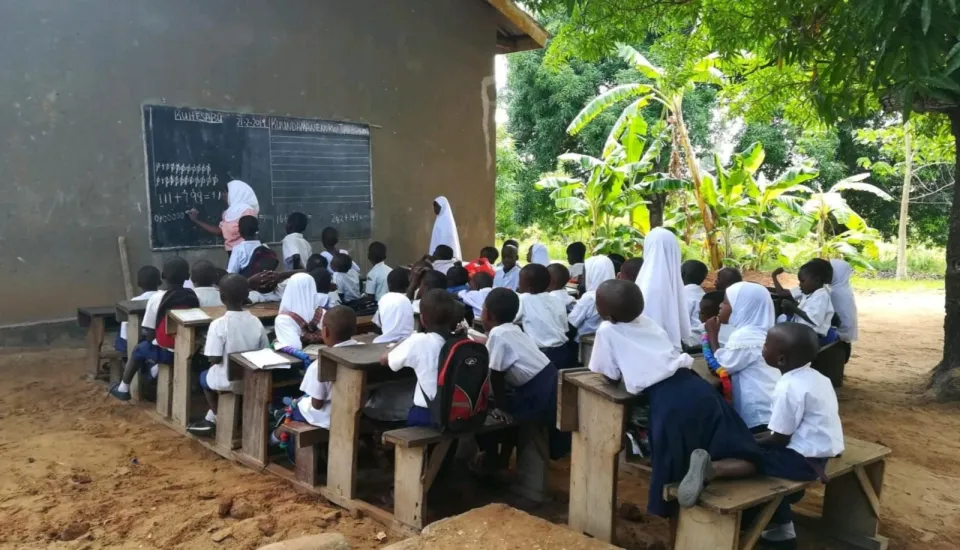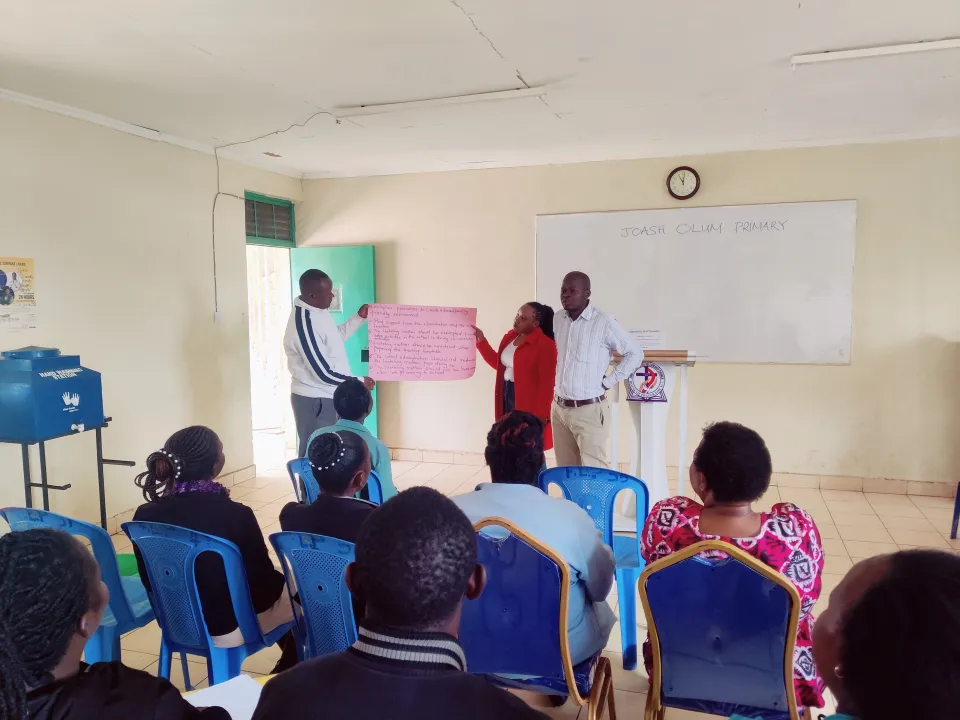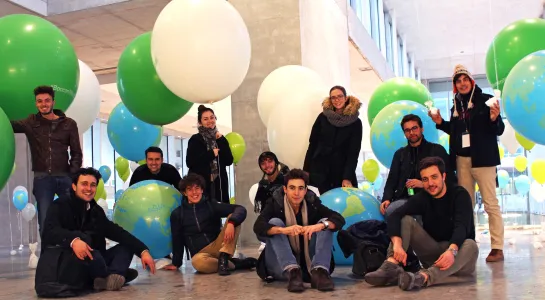
Researching the Causes of Poverty, by Going Into the Field
“If it rains, you can't do research.” This may sound like a vaguely surreal warning, but it is not so for LEAP researchers. Indeed, in sub-Saharan Africa, the rainy season is serious business, and if you are working on a project, you often need to finish collecting data before it begins. Those who work at LEAP know that sometimes an academic must also be able to play the role of an explorer. Villages, where sometimes classes are held under the branches of a baobab tree, are often hard to reach, and when you have reached them the work has yet to begin.

University research centers on poverty, which are quite numerous in the United States, are much rarer in Europe. Bocconi's Laboratory for Effective Anti-Poverty Policies (LEAP), which now has almost 10 years of history behind it and is supported by the Romeo and Enrica Invernizzi Foundation, thus represents a rather special case in the academic research landscape. LEAP traces its origins to a group of Bocconi University faculty and affiliated researchers who specialize in applied research in development economics and in particular in the areas of agriculture, education and health, gender policies and social norms, microfinance, media and institutions.
Lucia Corno is Executive Director of LEAP and professor of Development Economics at the Catholic University of Milan. “We founded LEAP in 2016, and we grew quickly: from a small community of development economists we are now a reference point in Italy and Europe for these issues. This means there was interest in a research center that would provide rigorous research on the effectiveness of anti-poverty programs, both from governments and NGOs but also from faculty and students who are passionate about development economics. Our mission is to raise awareness toward the use of state-of-the-art scientific methodologies for impact evaluation of humanitarian interventions and anti-poverty policies, thereby improving their effectiveness.”
Luca Privinzano, LEAP's Associate Director of Research, has been alternating between Milan and the various places where research projects take place for years. “We take a co-design approach to anti-poverty interventions in collaboration with local communities, area governments and NGOs working in the field. Coordinating all these actors on the ground to design and implement interventions is laborious and time-consuming, but seeing the impact of our work on the well-being of the most vulnerable people is extremely rewarding.” says Privinzano.

Listening and empathizing with such diverse cultures is so important, even and especially when it comes to investigating the root causes of harmful traditions such as female genital mutilation or “breast ironing”, intended to disfigure girls to make them less attractive. Merely forbidding these practices is often ineffective, if the underlying social norms are not understood, in order to operate creatively. The only way forward, therefore, is to talk and listen, avoiding attitudes of superiority.
Continues Luca Privinzano: “Experience is very important: involving local communities, from elders to village chiefs, is key to reaching more people and generating more impact. And of course, you only find this out when you are there.
Working on this kind of research can be exhausting, but it is also exciting. For us, field research is a method of storytelling. Each of us, when collecting data and numbers, is constantly reminded that data and numbers are, in fact, real lives and stories, often painful.”
